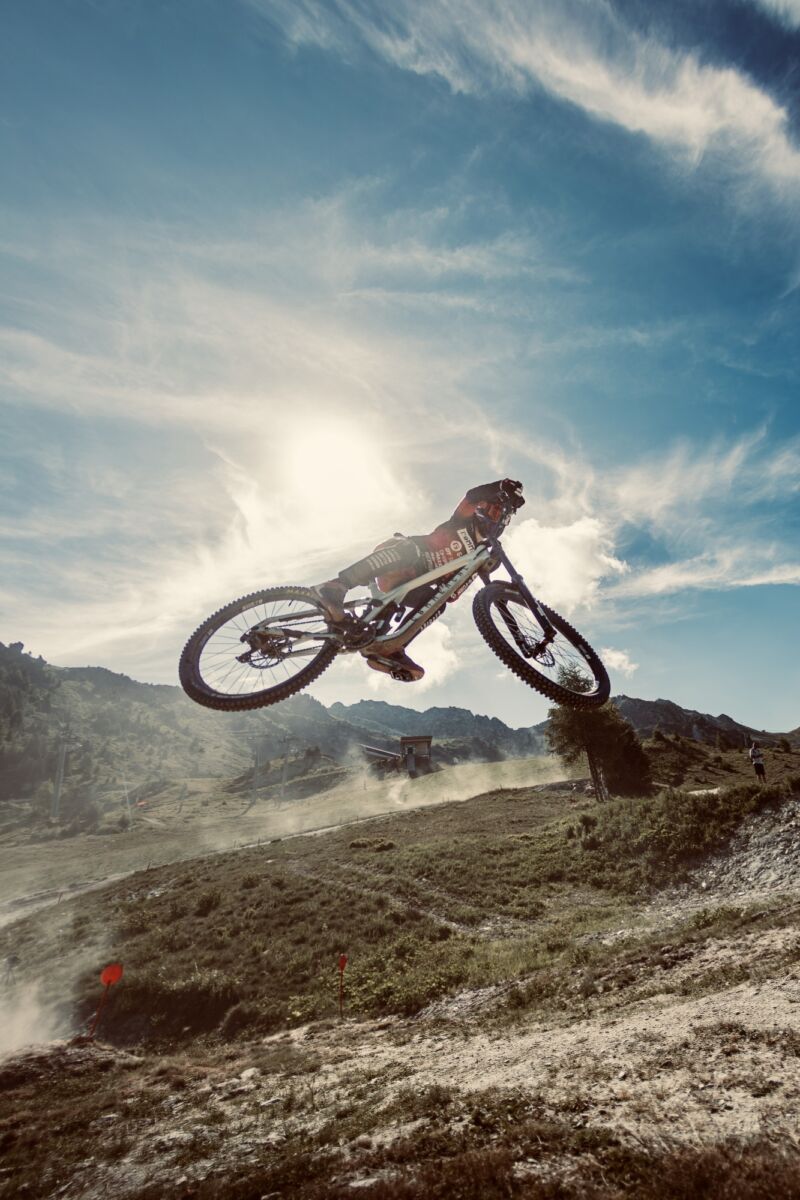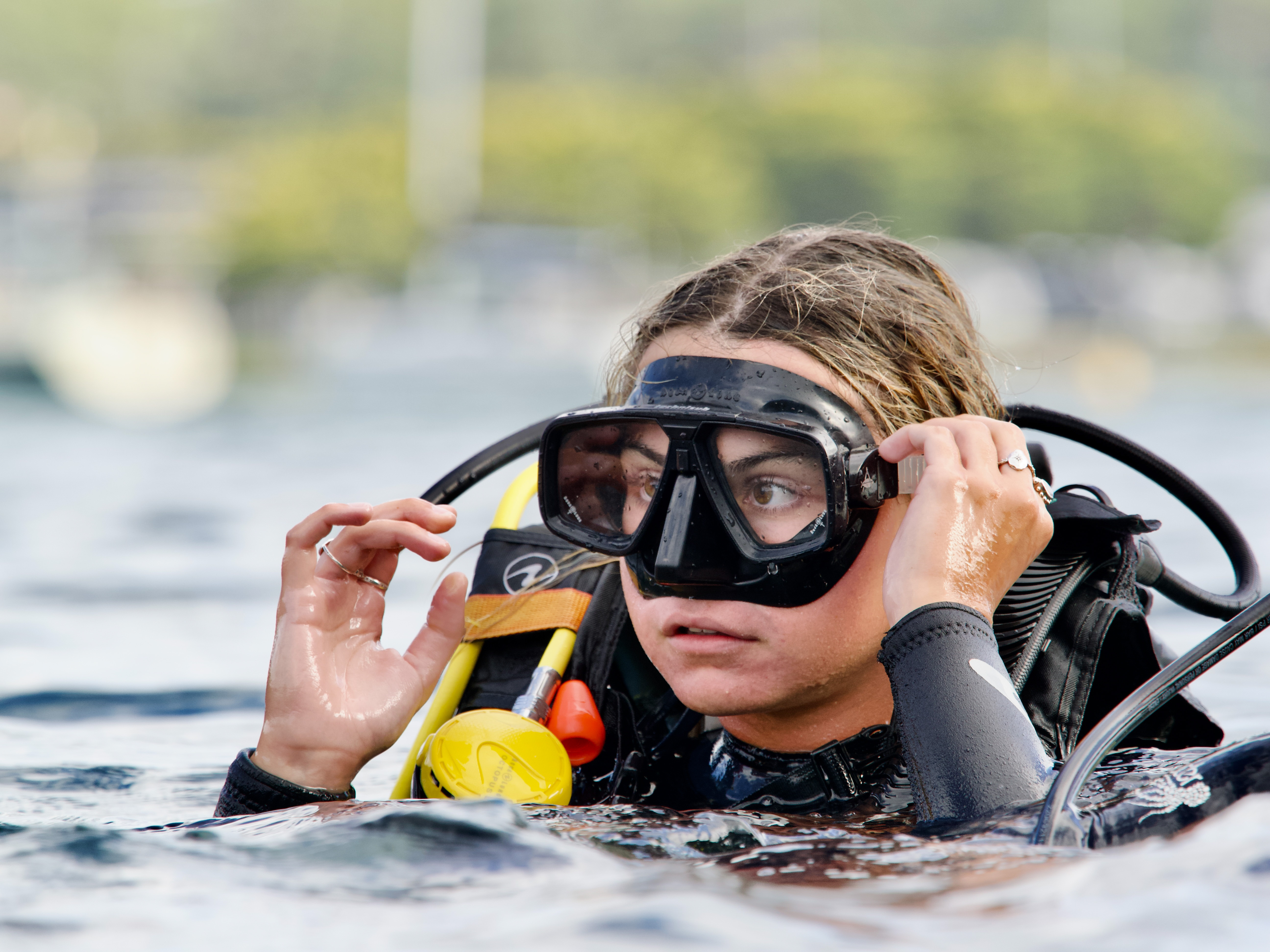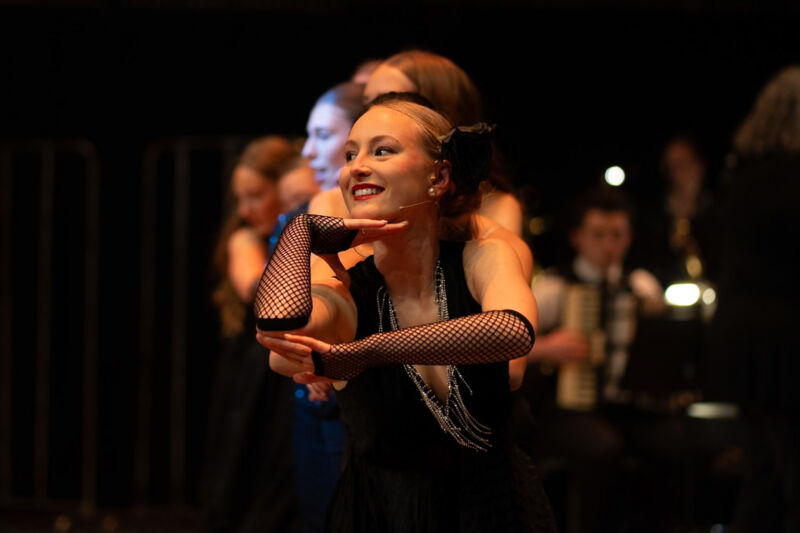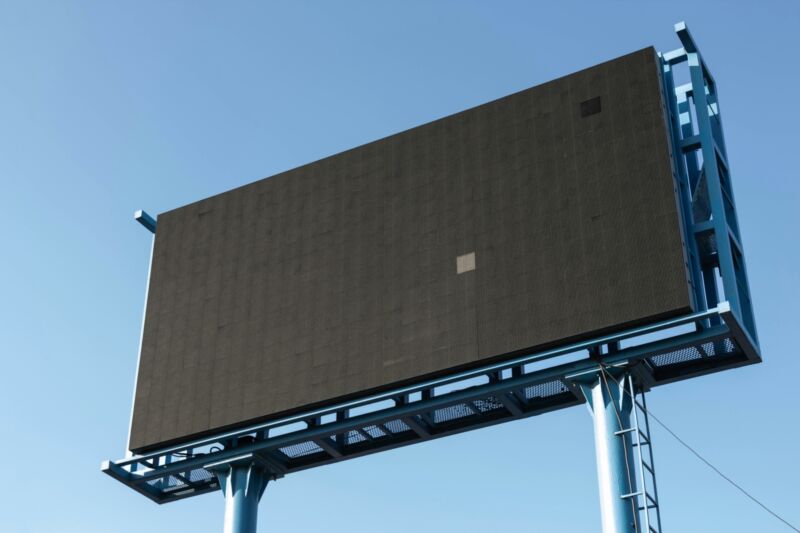
Senior Campus
Blazing Global Trails
Woodleigh School star, TIlly Boadle, conquers Australian and European mountain biking circuits with fearless precision.
Continue Reading

Woodleigh camps teach our students to take on the unexpected. There is great value in the camps themselves, as well as in the story they take home.
Continue Reading
Woodleigh School star, TIlly Boadle, conquers Australian and European mountain biking circuits with fearless precision.
Continue Reading
Dreams, schemes and the showbiz of 1920s Chicago; three sold-out performances of Chicago – Teen Edition dazzled audiences at Woodleigh’s Senior Campus
Continue Reading

A Record-Breaking Year of Support for our Friends in Chumkriel
Continue Reading
ChatGPT should be allowed in schools – it’s a powerful tool and should be seen as such.
Continue Reading
When billionaires buy influence, democracy pays the price. Leadership must come from knowledge, not net worth.
Continue Reading

Capable, confident learners in Woodleigh’s Early Childhood Centres.
Continue Reading